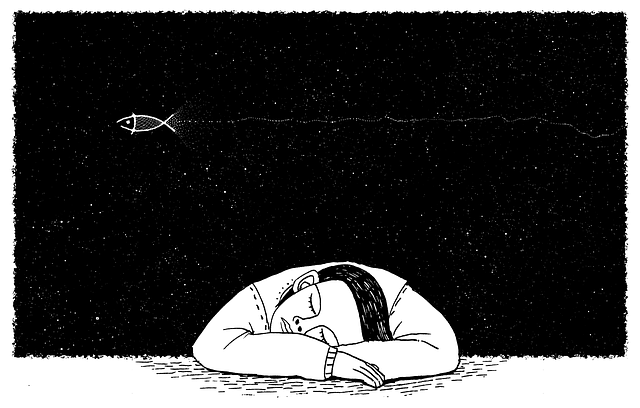Although sleep is important for our health, its biological role is not fully understood. Ironically, the inactive sleep state is actually a dynamic and critical process that helps us organize memories, restore immunity and tissues, regulate metabolism and blood pressure, control appetite and blood sugar levels, and study processes, along with many other physiological processes – all of which are regulated by the endocannabinoid system (ECS).
Reasons of poor sleep
Poor sleep is the number one complaint in the world and a major public health issue. The average adult needs seven to eight hours of sleep a day. However, 10-30 million Americans don’t get enough sleep on a regular basis. More than 60 percent of American adults report having trouble sleeping several nights a week.
More than 40 million Americans suffer from over 70 different sleep disorders. The most common sleep-related illnesses include:
- Insomnia – when they cannot sleep.
- Apnea is a violation of breathing during sleep.
- Restless leg syndrome is characterized by tingling, discomfort, and even pain in the legs that worsens at night and improves with movement.
- Circadian rhythm disorders – when the internal clock is turned off and sleep is disturbed.
- Parasomnias – entails abnormal movements and activities during sleep, including sleepwalking and nightmares.
Poor sleep is a risk factor for serious illness. Compared to people who get enough sleep, adults with short sleep (less than 7 hours per night) are more likely to experience one or more of 10 chronic diseases, including obesity, heart disease, diabetes, arthritis, stroke and depression.
CBD and sleep
Cannabinoids have been used for centuries to promote drowsiness and help people sleep. In the famous medical reference book Materia Medica, published in the 18th century, cannabis was listed as a “Anodia” (painkiller). Its reintroduction into Western medicine by Sir William B. O’Shaughnessy in 1843 led to research that emphasized the medicinal properties of “Indian hemp” for sleep disorders.
Still, for a large percentage of people who have trouble sleeping, the solution is found in the use of cannabis. Poor sleep causes physiological changes in the body in just one night, leading to a decrease in a person’s overall response, cognitive decline, lethargy, increased pain and inflammation, and in many cases, overeating or cravings for fatty and high-carbohydrate foods.
In the latest studies, it is noted that approximately 50 percent of long-term cannabis users (over 10 years) claim to use cannabis as a sleep aid. Among patients with medical marijuana (who have prescriptions from doctors), 48 percent reported using cannabis to treat insomnia.
CBD, THC, CBN
What about specific plant cannabinoids for sleep? Cannabidiol (CBD) is a warning or mild stimulant in moderate doses, while its psychoactive counterpart, delta-9-tetrahydrocannabinol (THC), has a sedative effect. However, science is somewhat paradoxical. Research data shows that CBD and THC have different effects on sleep – both can be both sedative (improving sleep) and arousing (depending on dosage). This fact is the reason why research results regarding the effects of CBD or THC on human sleep can be conflicting.
The association between a low dose of cannabidiol and increased wakefulness highlights the potential of CBD as a treatment for narcolepsy and other types of excessive daytime sleepiness. CBD can help people fall asleep as well as stay awake. An insomnia study found that administration of 160 mg of CBD reduced nighttime sleep interruptions and increased total sleep time. CBD therapy at high doses can improve the quality and duration of sleep.
Obstructive sleep apnea (OSA) is a common form of sleep disorder that affects nine percent of adults. Animal studies have shown that THC and the endogenous cannabinoid oleamide are effective in reducing the incidence of sleep apnea. (Babson 2017) Human studies show that dronabinol, an FDA-approved synthetic variant of THC, reduces sleep apnea and is safe and well tolerated. In addition, cannabinol (CBN) is believed to enhance the sedative properties of THC when the two cannabinoids are used together, although there is no evidence base yet.
ut laoreet dolore magna aliquam erat volutpat.

